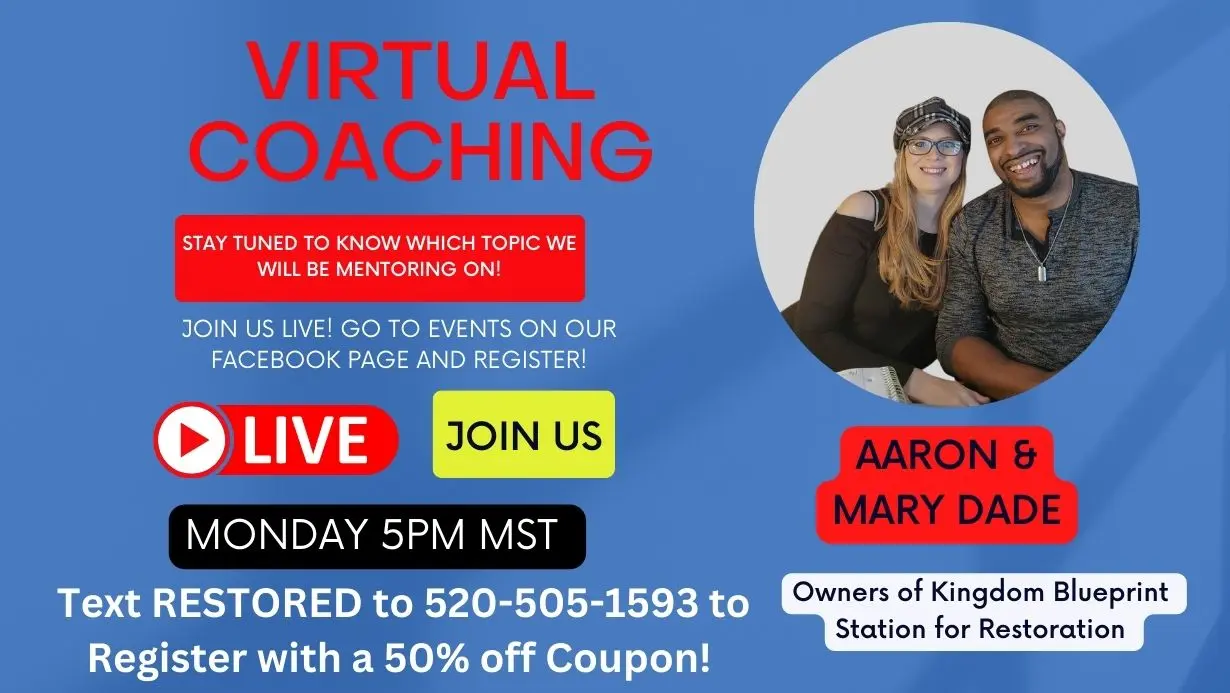This Is Or Can Be How We Begin To Have Relationship Problems:

Having a healthy and strong relationship is not easy. It requires effort, patience, and understanding from both parties involved. However, no matter how hard we try, conflicts and problems are inevitable in every relationship. It's how we handle resolve conflicts and overcome these issues that determines the strength and longevity of our relationships. Especially, if these common relationship problems begin with breaking trauma bonds because the issue can be the trauma bond is not with us at all. So, how to break trauma bond becomes much more challenging when it is not between us and our spouse. These problems can be caused by various factors such as differences in beliefs, values, goals, or simply miscommunication. But the most important thing is how we handle these problems and work towards resolving them together.

One way to begin to have relationship issues is frequent communication breakdowns. When there is a lack of communication, misunderstandings and unresolved issues can escalate and cause tension feel resentment between partners. It's important to communicate openly and effectively with each other, actively listening and expressing your thoughts and feelings without judgement. It's also important to address any issues or concerns as soon as possible, rather than letting them build up and cause bigger problems in the future.
Trust is another crucial aspect of a healthy relationship. When trust in abusive person is broken, it can lead to feelings of betrayal, resentment, and insecurity. Whether it's through infidelity or other actions that have caused trust to be compromised, it's important to address the issue and work on rebuilding trust. This is where advice on breaking a trauma bond is so important, because trauma bonds are centrally formed from a violation of trust. With a discernment counseling style and godly counsel we help you rebuild trust in yourself first. we his may involve being open and honest with each other, setting boundaries, and showing accountability for one's actions.
In today's fast-paced society, it can be easy to get caught up in our own busy lives and neglect the needs of our partner. To have relationship problems is not abnormal, you should expect it. People are not made to always get along or agree. It's important to make time for each other, show appreciation and affection, and keep the spark alive in your relationship. This can help prevent feelings of neglect or disconnect from romantic partner from developing.
A healthy relationship still has relationship challenges and things that are needed as the relationship progresses. The stench of previous relationships with poor communication leaves a human being lacking the ability to be on the same page and communicate effectively. This can lead to controlling behavior and the same fight with one partner and seeking professional help for everything from common relationship problems to your sex life.
Common Relationship Problems:

When it comes to identifying an abusive relationship, it can be difficult to recognize the signs. Trauma bonding is a common relationship dynamic in abusive relationships, where the victim is emotionally attached to the abuser. This attachment can be caused by a combination of negative feelings, such as fear, guilt, and shame, as well as positive feelings, such as love and admiration even if there is physical abuse.
Trauma bonds can be difficult to break, and it is important to recognize the signs of an abusive relationship in order to break free. Common signs of an abusive relationship include a lack of healthy communication, physical or sexual abuse, and a lack of mutual respect. Finally, it is important to work on self-esteem and coping strategies to break free from traumatic bonds and break the cycle of abuse. If you or someone you know is in an abusive relationship, please call the National Domestic Violence Hotline at 1-800-799-7233.

- Communication issues: Lack of effective communication can lead to misunderstandings, conflicts, and resentment in a relationship. It is crucial to communicate openly and honestly with your partner, express your feelings and needs, and listen to their perspective without judgment.
- Trust issues: Trust is the foundation of any relationship. Once it is broken, it can be challenging to rebuild. Lack of trust can cause insecurities, doubts, and jealousy which can ultimately ruin a relationship.
- Differences in expectations: Each person brings their own set of expectations into a relationship. When these expectations are not met, it can lead to disappointment and frustration. It is important to communicate and align expectations with your partner.
- Financial problems: Money is a common source of conflict in relationships. Different attitudes towards spending, saving, and financial goals can create tension and arguments.
- Lack of quality time: In today's fast-paced world, it is easy to get caught up in work, responsibilities, and other commitments. This can result in neglecting the relationship and not spending enough quality time with your partner.
How We Get Past Relationship Problems:

We teach tangible methods of handling relationship issues and provide godly counsel with a discernment counseling style to helping people. We ask questions live and provide solutions similar the following:
- Open and honest communication: Effective communication is key to resolving any relationship problem. It is important to listen attentively, express your feelings calmly, and find a compromise that works for both parties.
- Rebuilding trust: If trust has been broken, it takes time and effort to rebuild it. Both partners must be willing to work on regaining trust through open communication, transparency, and consistency in their actions.
- Compromise and understanding: Differences in expectations or beliefs can be resolved by finding a middle ground that satisfies both parties. It's important to understand and respect each other's perspectives.
- Financial planning: To avoid conflicts over money, it is essential to have open and honest discussions about finances, set financial goals together, and create a budget that works for both partners.
- Quality time together: It's crucial to make time for each other, whether it's scheduling regular date nights or simply spending quality time at home. This allows for the strengthening of the bond and connection in the relationship.
Different Relationship Issues- Breaking Trauma Bonds

Relationships are an essential part of our lives. Whether it's a romantic relationship, friendship or family bond, they play a crucial role in our happiness and well-being. However, like everything else in life, relationships also have their ups and downs. First lets look at a trauma bond because it is one of the most common relationship problems today. Trauma bonding is a deep connection that forms between two people who have experienced emotional, psychological, or physical trauma together. It can be seen in relationships where there is abuse, addiction, or codependency. Although this bond may feel strong and intense, it can be unhealthy and damaging for both parties involved. Here are some of the top issues related to breaking trauma bonds in relationships:

- Difficulty recognizing the toxic behavior: When in a trauma bond, it can be challenging to recognize the unhealthy patterns and behaviors in the relationship. The intense emotions and attachment make it hard to see things objectively.
- Fear of abandonment or being alone: Trauma bonds often create a codependent dynamic where one person relies heavily on the other for emotional support and validation. This can lead to a fear of abandonment and a reluctance to end the relationship.
- Mixed emotions: Trauma bonds often create a roller-coaster of emotions, ranging from intense love and loyalty to anger, resentment, and guilt. These mixed feelings can make it hard to leave the relationship.
- Self-blame and low self-worth: In a trauma bond, the victim often blames themselves for the abusive behavior of their partner. This can lead to a decrease in self-esteem and feelings of worthlessness.
- Difficulty ending the relationship: Breaking a trauma bond is not easy, especially when there is an intense emotional connection involved. The fear of losing that connection and going through the pain of separation can make it hard to end the relationship.
How To Break Trauma Bond In Five Steps:

- Recognize the unhealthy patterns: Educate yourself on trauma bonding and its effects. This will help you recognize the toxic behaviors in your relationship and understand that it is not healthy or normal.
- Establish boundaries: It's important to set clear boundaries in the relationship and stick to them. This may involve limiting contact with the person, avoiding certain triggers, or ending the relationship altogether.
- Focus on self-care and healing: Breaking a trauma bond can be emotionally draining, so it's crucial to take care of yourself during this process. Seek support from loved ones, practice self-care activities, and engage in therapy to heal from the trauma.
- Stay strong and consistent: Breaking away from a trauma bond may not be easy, but it's essential to stay strong and consistent in your decision. This may involve avoiding contact with the person, seeking a support system, and reminding yourself of why you made this choice.
- Communication issues that come from breaking trauma bonds: Communication is the foundation of many relationship problems, and when it breaks down, it can lead to misunderstandings, conflicts and even breakups. It's crucial to communicate openly and effectively with your partner, actively listening and expressing your thoughts and feelings without judgment.
The Impact of Trauma Bonding on Mental Health

The effects of trauma bonding an abused person can be far-reaching, leading to negative feelings such as low self-esteem, depression, and post-traumatic stress disorder, and maintaining abusive relationships. It can also lead to unhealthy relationships, as the individual may find themselves in similar situations with other partners. To break free from a trauma bond, it is important to seek help from mental health services such as a support group, couples counseling, or a trauma-informed therapist.
Honest communication and understanding can make all the difference in helping to break traumatic bonds and create healthy relationships. If you or someone you know is in an abusive relationship, contact the National Domestic Violence Hotline for help.
However, the trauma bond can cause the partner to feel an emotional attachment to the abuser, even if the relationship is abusive. This bond can be difficult to break, as the partner may feel a sense of loyalty to their abuser, or may be afraid to leave the toxic relationship behind.
It is important to recognize the signs of a trauma-bonded relationship, such as negative feelings towards the other partner, difficulty communicating honestly, and physical or sexual intimacy issues. If you or someone you know is in a trauma-bonded relationship, or in abusive relationships, and trauma bonding with an abusive partner it is important to seek help from mental health services or a support group.
Trauma bonds can be difficult to break, and it is important to recognize the signs of an abusive relationship in order to break free. Common signs of abusive relationships include a lack of healthy communication, physical or sexual abuse, and a lack of mutual respect.
Finally, it is important to work on self-esteem and coping strategies to break free from traumatic bonds and break the cycle of abuse. If you or someone you know is in an abusive relationship, please call the National Domestic Violence Hotline at 1-800-799-7233.
Join us Here








